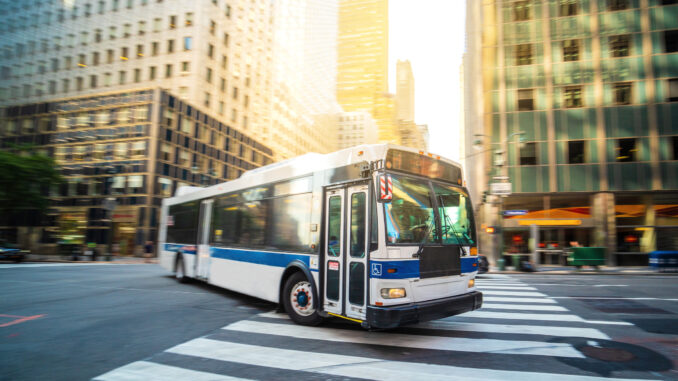
By Hank Russell
Suffolk County Transit received $5 million in state funding as part of the state’s $80 million initiative for local transportation agencies to switch to zero-emission vehicles.
The money that Suffolk Transit received will go to purchase 12 battery-powered buses.
According to its website, Suffolk County Transit is an affordable public transportation service with 25 fixed routes and 2 On-Demand zones, operating 7 days a week, 365 days a year between 6 a.m. to 8 p.m. or longer.
Suffolk Transit was one of seven transit providers in the state to receive the funding in order to expand their use of zero-emission vehicles under the state’s Zero-Emission Transit Transition Program (ZETT). The program supports the governor’s agenda to reduce greenhouse gas emissions and achieve New York’s energy goals.
First announced in December 2024, the ZETT Program provides $100 million in funding to transit providers across New York State to support the transition of transit fleets to zero-emission propulsion (battery-electric and hydrogen-electric). The FY26 Enacted Budget added $20 million to the fund. Eligible applicants included transit authorities, counties, municipalities, and other entities receiving or eligible to receive New York Statewide Mass Transportation Operating Assistance (STOA).
“New York’s push to transition public transit agencies to zero-emission fleets is a crucial step in achieving our clean energy goals,” Governor Kathy Hochul said. “Increasing the number of zero-emission transit vehicles in every corner of our state will deliver cleaner air and healthier communities across New York.”
“NYSDOT’s ZETT program is focused on providing clean transportation alternatives for areas across the Empire State,” New York State Department of Transportation Commissioner Marie Therese Dominguez said. “The Zero-Emission Transit Transition (ZETT) program offers local New York transit agencies a unique opportunity to invest in climate-friendly vehicles for their respective fleets, which will help improve the health of local communities while reducing the state’s carbon footprint.”

